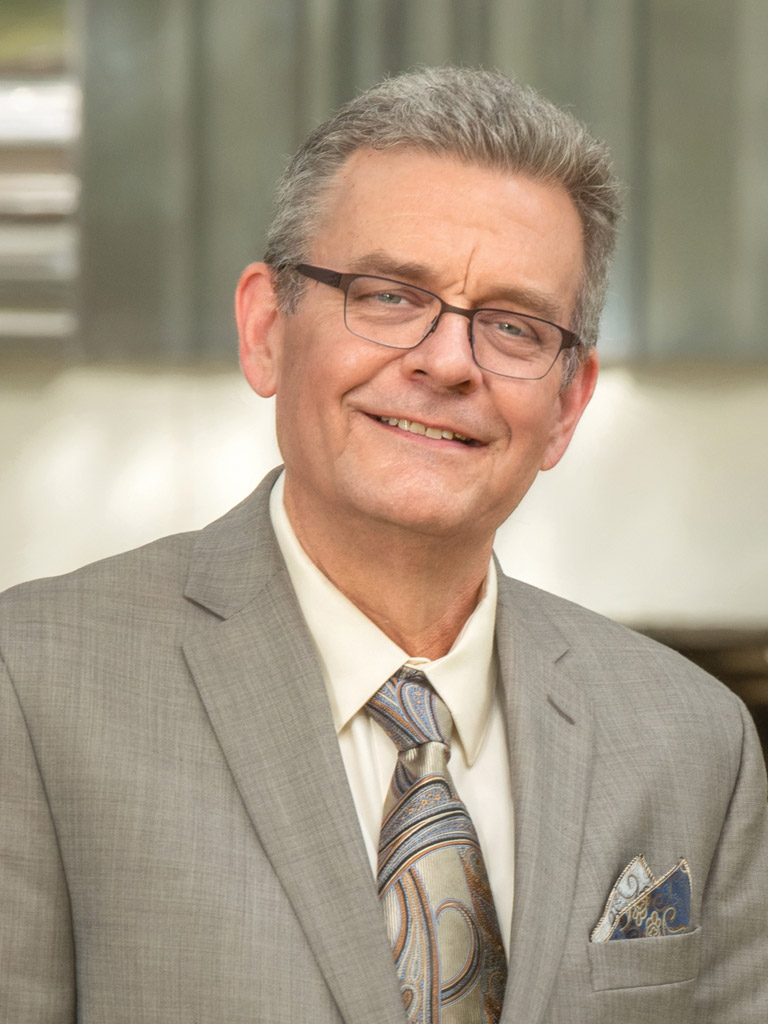- About
- Research Lifecycle
- Resources
- News & Features
- UF Innovate
Vice President for Research
Over the last 20 years, annual research funding to the University of Florida has grown more than 300 percent, reaching $1 billion in 2022 and placing UF in an exclusive group of about 15 public universities to achieve that milestone.
Not surprisingly, this growth in funding and prestige has mirrored an intentional move toward more interdisciplinary science. With 16 colleges on our Gainesville campus and dozens of research facilities around the state, UF is uniquely equipped to pursue effective interdisciplinary research at the boundaries of scientific disciplines. From medicine to agriculture, engineering to art, UF has it all.
UF Research facilitates the research and scholarship successes of our faculty and students by creating effective collisions between researchers and funding opportunities, marketing our research capabilities to collaborators and funding agencies, and forging institutional relationships with external stakeholders.
While our reputation is dependent on our prowess in research, a successful UF research enterprise is invariably tied to excellence in education, particularly graduate education. Each year, the University of Florida welcomes a new class of students and sends forth a cadre of graduates who are among the best and brightest in the world. Ensuring this coupling between excellence in research and advanced degree education is vital to the success of the institution.
Research at the University of Florida plays a significant role in advancing our fundamental understanding of the world in which we live, in generating creative breakthroughs that lead to technologies with positive benefit, in creating opportunities for economic growth in the state, and in changing the trajectory of young people. — David Norton, Ph.D.,Vice President for Research
Learn more about Dr. Norton.
David P. Norton, Ph.D., became vice president for research at the University of Florida in January 2012. He had served as associate dean for research in the UF College of Engineering since 2009. He is also a professor in the Department of Materials Science and Engineering.
Dr. Norton came to UF in 2000 after 11 years at Oak Ridge National Laboratory. His research interests primarily focus on electronic, photonic and magnetic thin film materials. He has published more than 300 articles in refereed journals and books, presented numerous invited papers and lectures at national and international conferences, and organized conferences and workshops in the areas of electronic oxides and laser processing. He is a Fellow of the American Vacuum Society, the American Physical Society and the American Association for the Advancement of Science, and a member of the Materials Research Society and the Electrochemical Society.
Dr. Norton conducted his undergraduate and graduate studies within the Department of Electrical and Computer Engineering at Louisiana State University, receiving his doctorate in 1989.

Follow @DrDavidNorton

